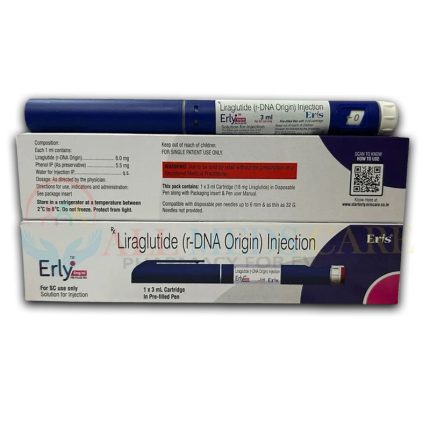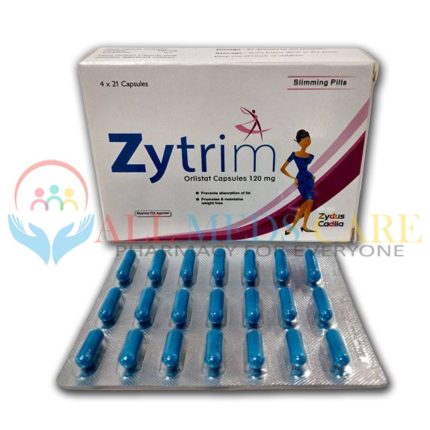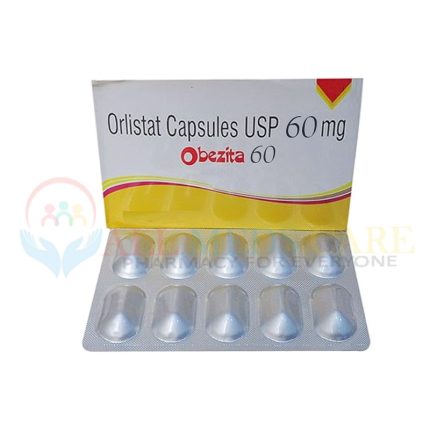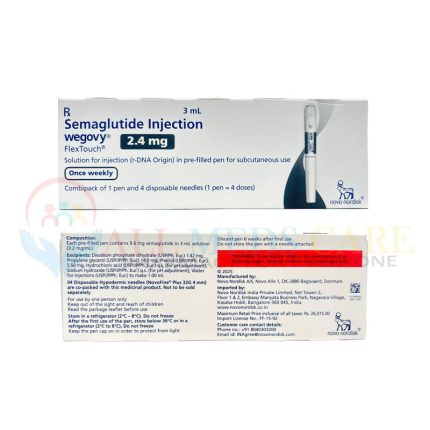Weight Loss
Weight loss– The process of shedding excess body weight through a combination of diet, exercise and lifestyle changes. The goal is to improve overall health and reduce the risk of chronic diseases such as heart disease, diabetes, and high blood pressure. A healthy weight loss strategy is generally focused on reducing 1-2 pounds per week. It varies according to a person’s initial weight and overall health condition. To achieve this, a combination of diet and exercise is generally recommended. A balanced diet, high in fruits, vegetables, proteins, and whole grains and low in processed foods, etc. are important for weight loss. Regular physical activity, including cardio and strength training is also vital for burning calories and building muscle.
Keys to weight loss
Diet Plan
Diets are often the first focus of attention. Diets refer to various types of eating plans that involve changing or limiting food intake in order to achieve a desired outcome. Popular dieting options include low-carbohydrate, high-protein, and vegetarian diets. It is important to choose an appropriate diet based on their personal needs and health history. It is important to consult a dietician when making dietary changes for long-term success.
Exercise
Exercises are important for successful weight loss programs. Regular physical activity helps burn calories and build muscle mass which aids in fat-burning and maintaining healthy body composition. Exercise should be tailored according to an individual’s current fitness level, age, sex, and any pre-existing medical conditions such as heart disease or diabetes; again seeking advice from a medical professional is recommended before starting an exercise program. Cardiovascular activities like running, biking, and swimming have been proven effective at helping people lose weight while also improving overall health and well-being. Strength training can increase muscle tones while increasing metabolism so that calories continue burning even after the workout has ended.
Nutrition
Nutrition plays a critical role in achieving lasting results. Health nutrition provides essential vitamins and minerals needed for optimal functioning during physical exertion. It also aids digestive processes associated with the digestion of food consumed during meals or snacks. A balanced diet including plenty of fruits, vegetables, whole grains, lean proteins (such as chicken breast), healthy fats (like olive oil), legumes (beans), nuts & seeds should form the basis of all meal planning alongside adequate hydration from water intake. Supplements may also be taken depending on specific goals but these too should only be undertaken under guidance from an experienced healthcare provider.
Weight Loss Medications
Weight loss medications are prescription-only drugs and recommended by a medical professional to manage obesity.
Lifestyle medications are used alongside diet and exercise plans to help increase the effectiveness of weight loss efforts. They are not an alternative option to healthy eating habits and regular physical activity. Lifestyle medicines such as Xenical contain the active ingredient Orlistat. These medications work by blocking fat absorption from foods consumed while others like Contrave contain both naltrexone (used for alcohol/drug addiction treatment) and bupropion which helps control cravings associated with overeating.
















